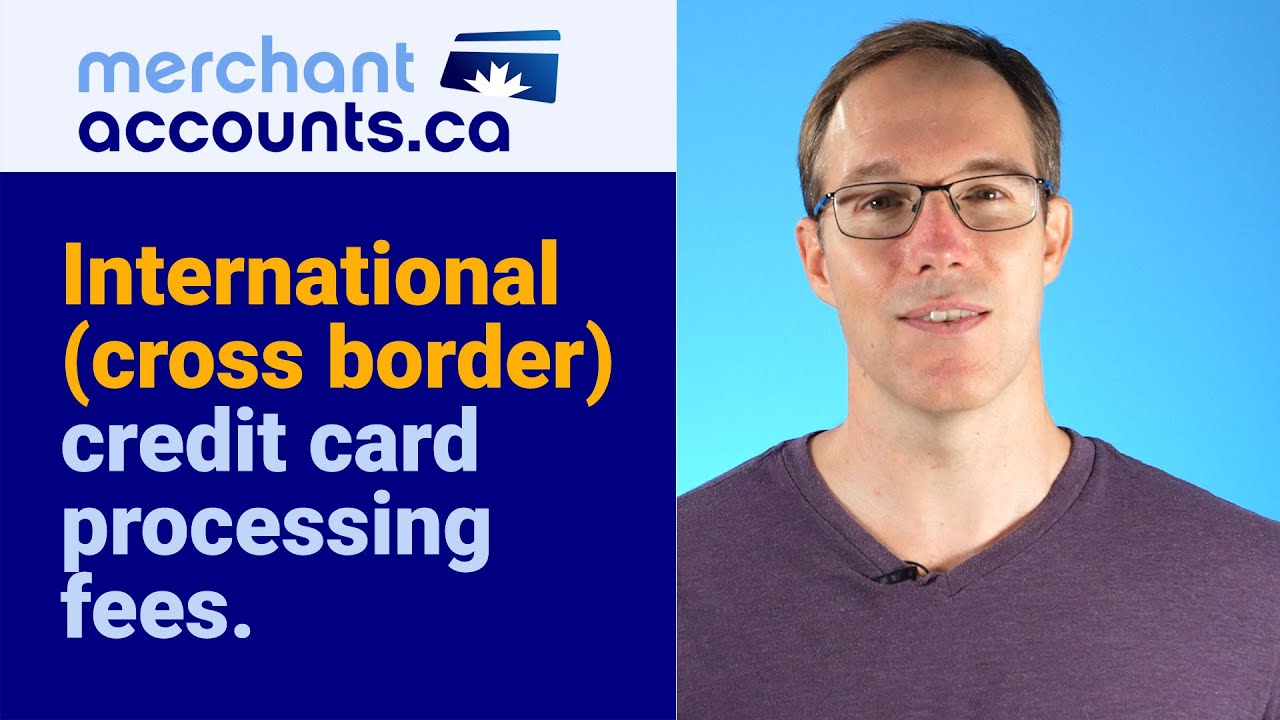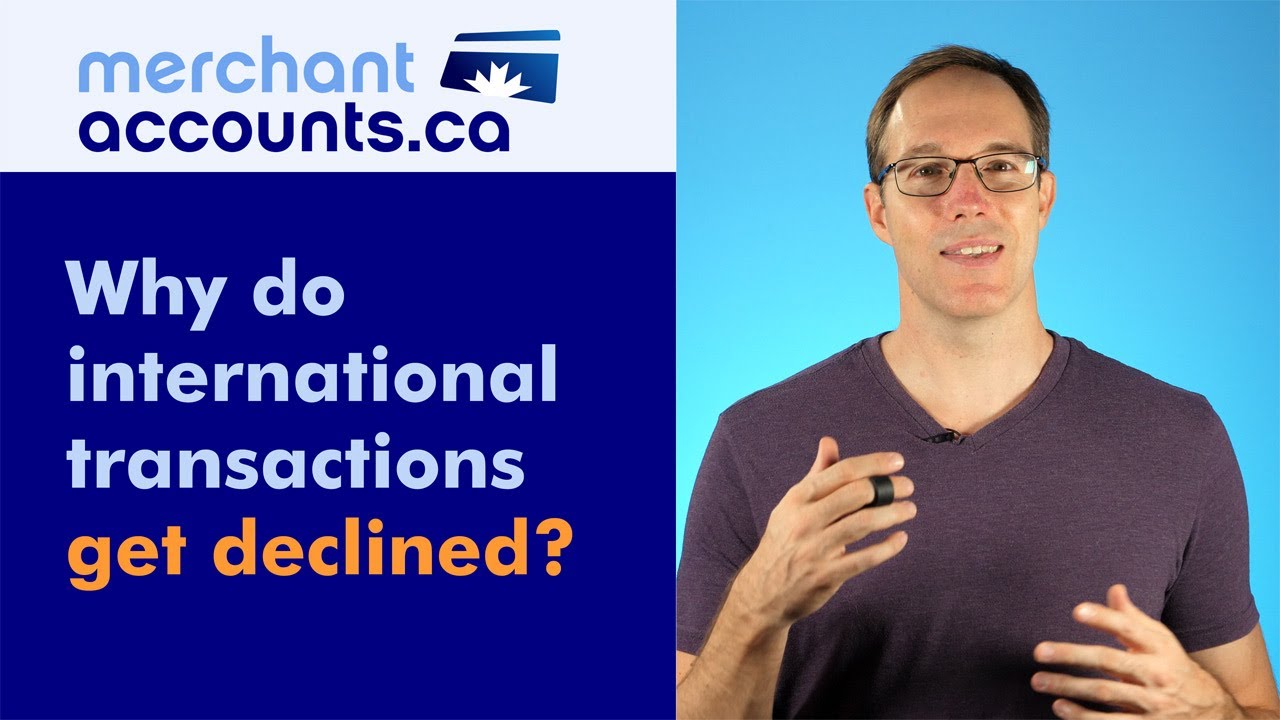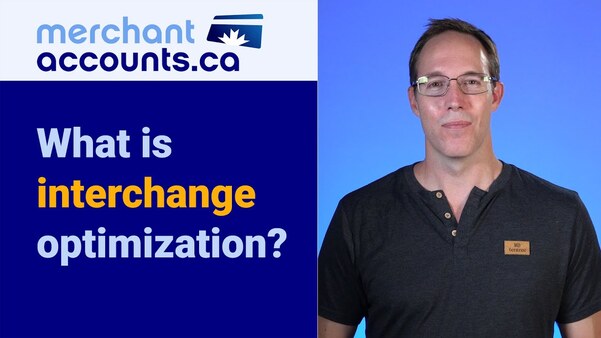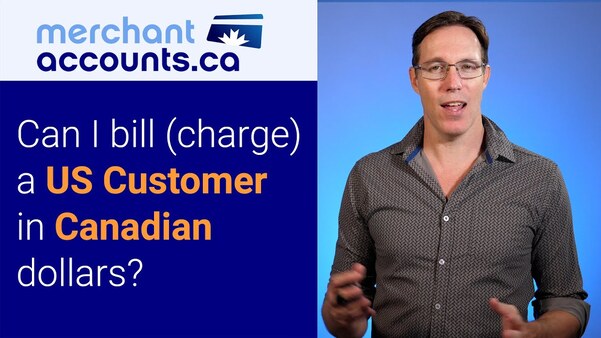June 24, 2016
by David Goodale
How to address customer complaints stemming from international / foreign transaction fees.
Key Takeaways

Selling online provides the benefit of being able to sell to people located anywhere on earth. There aren't a lot of downsides to it. However, some card issuing banks have a fee that causes problems for online businesses when selling to international customers. We are talking about the extra international transaction fees (also called foreign transaction fees) that some card issuing banks charge to their cardholders. In these cases customers may complain if their credit card was charged more money than they expected.
In this article we are going to explore the international transaction fees that cardholders are charged, and what your customer service team should do when the issue arises.
What is an international transaction fee? Who is responsible for charging it to cardholders?
We will start this discussion by making a clear statement:
Understanding the Complaint:
Why do international transaction fees cause complaints for e-commerce businesses?
The root of the problem is that cardholders expect their credit card to be charged for the exact amount that was indicated when they completed the purchase. The merchant has the same expectation. In fact, both the seller and the buyer have agreed on a set price and expect the transaction to be processed accordingly. The issue arises when the poorly understood international transaction fee is charged by some card issuing banks.
We need to clarify at the start that if you purchase items in a foreign currency you can expect to be charged currency exchange (currency conversion fees) on your credit card statement. The card issuer must do this in order for you to complete the purchase. For example, if a Canadian cardholder purchases something online from a U.S business whose prices are in USD, it means that the merchant is expecting to be paid in USD. In order for the purchase to happen your card issuing bank takes the amount in USD that the merchant needs to be paid, converts it into CAD using the exchange rate at the time of the transaction and charges this amount to your card. On your credit card statement you will see the original purchase price in USD, along with the exchange rate used to convert it into CAD. There is nothing wrong with this because it's required to complete the transaction.
The problem is when no currency exchange occurs but a card issuer still charges an extra fee. To reiterate the frustration, it's when a credit card is used in an e-commerce transaction, it's charged directly in the cardholders local currency, no currency exchange is needed, but the card issuing bank still charges an extra international transaction fee. It is often shown as a separate line item below the original purchase and it's most often 3% of the original purchase amount. Compounding the issue (and what causes the greatest frustration) is that the separate line item on the statement often shows the merchants name beside it. Even though it is the card issuing bank that levied the fee, the statement often makes it appear that the merchant charged an extra cost to the customer. This can lead to upset customers or accusations of overcharging, and it's no wonder that this causes frustration for both cardholders and merchants.
What can we do about this problem? Let's dig in further…
Resolving Complaints: Is the card issuing bank responsible?
Unlike a traditional retail transaction where you know you are out of the country, in an e-commerce transaction the line becomes blurred. It's very easy for a cardholder to purchase something online from a business in another country and not even realize it. Furthermore, even though the merchant will have their address and currency disclosed on the e-commerce website, most cardholders still won't expect international transaction fees in the first place because it's a little understood fee that many cardholders aren't aware of.
When a complaint comes in the first thing you must do is make sure your system did not accidentally overcharge the customer. Once you have made sure of that, start by explaining that some card issuing banks charge international transaction fees when purchasing something from a business located in another country. If you charged your customer directly in their local currency it's important to point out that your website is setup to make foreign purchases as easy as possible. That's why you offer multi-currency processing in the first place. As a business owner you feel their frustration because you did everything you could to make sure it would be a good purchasing experience.
Once you have educated your customer on the topic of international transaction fees you can suggest that they call their card issuing bank to ask why an extra fee is being charged to their card. If the bank is sympathetic to the customer they may waive the fee on this occasion, or suggest switching them to a different card they offer which doesn't have a foreign transaction fee.
Be prepared for a potential problem when the cardholder calls their bank. The person who takes the call at the bank may not be knowledgeable. They might suggest that it was not the bank that charged the fee. That is why it's important to educate the customer first. You can suggest they be prepared to ask for a manager if their issue isn't addressed by the first person they speak to.
What tips can you give your customer service team to handle these complaints when they occur?
It's important to be sympathetic with your customer because they have a right to be frustrated. As a merchant with a multi-currency website you did everything you could to charge your customer in their local currency. It's important to point this out and let them know that if there is anything you could do to help you would be happy to. However, if the card issuing bank charged the fee, and they've collected the money from it, then resolution of the issue is in the hands of the card issuer. It's best to address this head on so the customer has a clear understanding of the situation.
You might suggest to your customer to call their card issuing bank and ask these questions:
- Do they realize the merchant charged you in your domestic currency?
- If the transaction was processed in your domestic currency (the same currency that your credit card is in) then why did they charge you an extra fee? Point out that there was no currency conversion needed.
- If the you feel the statement was misleading then ask why the charge indicated the merchants name beside the fee. If it wasn't clear on the statement it is reasonable to raise the issue.
- It's worth noting that in addition to the foreign fee the card issuer is still earning interchange fees from the transaction. That's before any interest earned from the transaction. As your card provider they are accountable to you for the service they provide, and if you don't feel you are getting a good value then tell them. If you are not happy you can switch to a card issuer that doesn't charge international transaction fees.
Which banks don't charge international transaction fees?
At the time of this writing, Capital One does not charge any foreign transaction fees across their whole line of credit cards offered. While other banks may charge the fee, they often have certain specific cards that do not. Some examples are the Chase Sapphire Preferred, Bank Americard Travel Rewards, Marriott Rewards Premier, British Airways Visa Signature, Southwest Airlines Rapid Rewards, Wells Fargo Propel 365, Citi Hilton Honors Reserve, etc.
As you'll notice, most of the cards that don't charge a foreign transaction fee are geared towards travelers, so they offer some kind of travel rewards points, or hotel accommodation points as well as being exempt from the foreign transaction fee.
Is It Fair?
The topic of international transaction fees is poorly understood by most cardholders. A lot of the issue has to do with education of cardholders in terms of the costs associated with using their credit cards.
If a merchant goes to the length of setting up multi-currency processing (so that foreign customers can purchase directly in their local currency) then what reason does the card issuing bank have for charging an international transaction fee? After all, the card was processed directly in the currency in which it was issued.
This issue is stemming from the card issuing side of the industry and the rules associated with it. There could be fees levied by credit card companies that card issuers have no control over. The issue at hand really isn't the fee itself, but lack of knowledge and much more importantly how it's described on the credit card statement. The merchant is not responsible for the fee, but most often the credit card statement displays the merchants name next to the fee. That is what causes the customer confusion, frustration and complaints. There are a few best practices you can implement. If you sell online in multiple currencies you must always display your business address on your website (this is required), and you could add something to your terms and conditions to clarify that customers located outside of your country may be charged an international or foreign transaction fee by their card issuing bank. The reality is that as a merchant you have to take a somewhat reactive approach to this issue, because it's not stemming from the processing side but is a fee that takes place between the card issuing bank and it's cardholder.
As of April 2016 not all card issuing banks charge international transaction fees to cardholders. Perhaps card issuers that charge the fee are generating income from it, or perhaps the issuers that don't are taking a loss to incentivize cardholders to use their card. At the end of the day it doesn't matter the reason, because as a consumer you have two choices. You can simply choose to use a card issuer that charges the fee, or choose one that does not. This is where choice and competition come into play. If you call to complain about the international transaction fee, and if your bank won't help you, you can choose to move your business to a card issuer that does not charge these fees.
How can you totally prevent this problem from happening?
The only way that you can stop a card issuing bank from charging an international transaction fee is to make sure your transactions are not international in nature. We have to be clear that the card issuing bank has an agreement that the cardholder has agreed to. Technically speaking the card issuing bank is doing exactly what it stated it would in accordance with those terms and conditions.
Since we don't have control over the card issuer or their agreement with the cardholder, the only way to absolutely prevent this from happening is to setup a credit card processing solution inside the customers country. If the transaction doesn't cross a border, then it's not an international transaction.
Obviously this is impossible for small businesses (and even most very large businesses won't have a business presence in every country on earth). However, for your major markets, you can setup a domestic credit card processing solution. At Merchant Accounts.ca our expertise is in helping businesses to develop an international payments strategy to combat issues exactly like this.
We suggest that you look at it as a two pronged solution:
- Determine where your major markets are. For example, if you do a lot of sales in Europe it will make sense to get a merchant account in Europe. This is specifically the core of what Merchant Accounts.ca does: we help business deploy multi-currency processing solutions in different currencies and locations around the world.
- There will be some countries where it does not make sense to setup a foreign incorporation and get a domestic merchant account solution. There are many logical reasons for this including:
- i) You don't have that many customers in the foreign country so it doesn't make sense to go through the effort of setting up a domestic merchant account.
- ii) You might have a lot of customers in that territory but you don't want to have to setup a foreign company, deal with foreign tax, etc. Sometimes the hassle just isn't worth it. In these situations you just need to leverage the customer education and strong customer service we've explored in this article.
Without getting too far off topic, it's important to point out that merchants also get charged their own set of cross border fees when selling to international cardholders. This isn't something the cardholder will see, but it's a cost that impacts all e-commerce businesses that target international customers. It's beyond the scope of this article to talk in detail about cross border fees that merchants pay, but the solution to both of those problems is the same: in some cases you can optimize your payments by making sure your transactions don't cross a border. It can save you money and reduce customer complaints from cardholders.
Summary
We suggest having your support staff read this article so that they can be trained to deal with customer complaints stemming from international / foreign transaction fees. It will help them identify the problem and help the customer. A lot it specifically boils down to the level of confidence your team has when helping your customer with the issue. If the cardholder doesn't understand how international transaction fees work, and if their credit card statement lead them to believe the merchant charged them an extra fee, they had the right to be upset. Unfortunately that complaint is just being voiced towards the wrong party. Once your customer service team helps the customer to understand (by educating them on the issue) the complaint will be resolved.
If you do business with a lot of international customers why not talk to us about your business? We can help you implement a domestic payment processing solution in the territories where you do the most business.
View Rates
If you haven't reviewed your processing costs in a while take a moment to view our rates.
View Rates








 My name is
My name is